Britain and EU close in on crucial Brexit deal for Northern Ireland
British Prime Minister Rishi Sunak and European Commission President Ursula von der Leyen will meet on Monday for final talks on a deal.
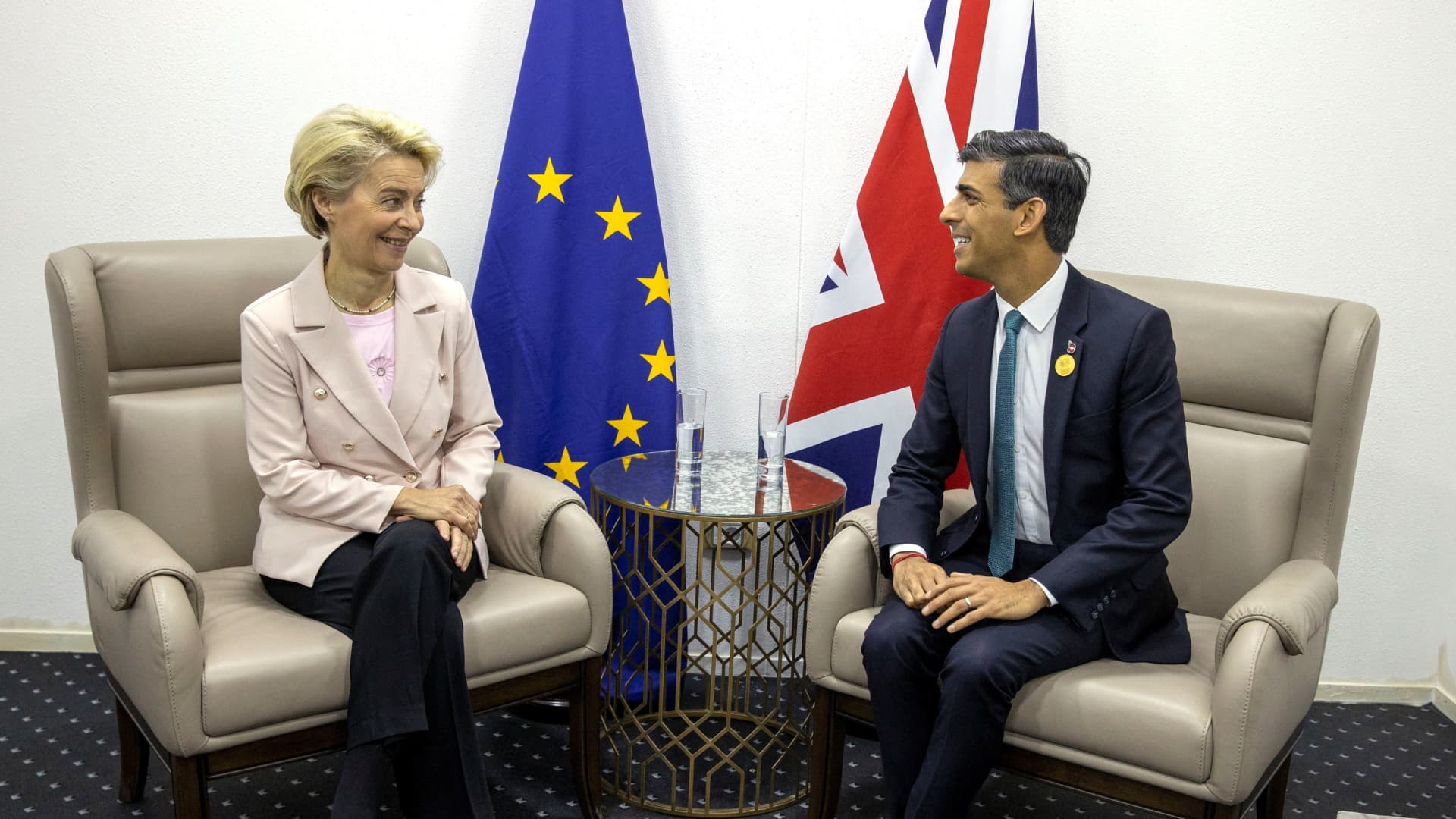
Prime Minister Rishi Sunak meets with European Commission President Ursula von der Leyen during the Cop27 summit at Sharm el-Sheikh, Egypt. Picture date: Monday November 7, 2022.
Steve Reigate | Reuters
LONDON — British Prime Minister Rishi Sunak and European Commission President Ursula von der Leyen will meet in the U.K. on Monday for final talks on a deal to resolve the Northern Ireland Protocol, a key sticking point in the post-Brexit trading arrangement.
In a joint statement Sunday, Sunak and von der Leyen said they had "agreed to continue their work in person towards shared, practical solutions for the range of complex challenges around the Protocol on Ireland and Northern Ireland."
The U.K. may have left the European Union on Jan. 31, 2020, but the Northern Ireland Protocol has sparked persistent disagreement ever since. This part of the Brexit deal mandates checks on some goods that travel to Northern Ireland from the rest of the U.K. — with the new negotiations aimed at easing these rules.
Unionist parties in Northern Ireland — which is part of the U.K, unlike its neighbor Ireland, which is part of the EU — have argued that the checks place an effective border in the Irish Sea. The Protocol has also been criticized for jeopardizing the Good Friday Agreement — a long-standing peace deal that brought an end to three decades of sectarian violence in Northern Ireland.
Sunak's government has sought amendments to the deal signed by former Prime Minister Boris Johnson, who has led calls from the hardline Eurosceptic wing within the ruling Conservative Party to rip up the deal he himself negotiated.
Breaking from predecessors Johnson and Liz Truss, Sunak has taken a less combative approach to engagement with the EU in the hope of reaching a resolution on key issues surrounding Northern Ireland by easing checks on goods travelling across the Irish Sea.
However, he will need to convince his own party to vote any prospective deal through parliament.
Meanwhile, the devolved Northern Ireland Assembly has been suspended since Feb. 2022 after the Democratic Unionist Party resigned in protest at the Northern Ireland Protocol. The loyalist party renewed warnings over the weekend that it would not be strong-armed into accepting a deal that did not meet its "red lines."
Business investment in the U.K. has been subdued since the Brexit vote, while the country's political climate has endured a tumultuous few years as consecutive Conservative prime ministers grappled with the difficulties of an orderly exit from the EU.
Raoul Ruparel, director of the Boston Consulting Group's Centre for Growth, told CNBC on Monday that the deal will be welcomed by the business community, as long as it placates unionist parties in Northern Ireland. A recent BCG survey found that around half of business leaders cited uncertainty as the biggest reason for not increasing business investment in the country at present.
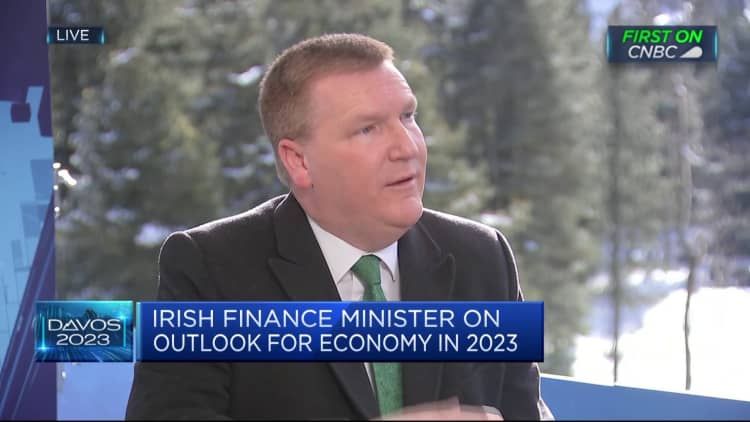
"So clearly this is part of the political uncertainty that we've seen, we have this Northern Ireland Protocol Bill which would rip up the protocol if a deal isn't found, and I think a lot of businesses are looking at that and thinking that could lead to a trade dispute with the EU," he said.
"I think all of this really will try and take this issue off the table, remove that uncertainty and be another factor in at least allowing businesses to focus on their day-to-day, rather than worrying about all of these developments."
However, he suggested that while a deal may soften the terse relationship between Westminster and Brussels, tangible changes could be some way off.
"I think there are limited things you can do to improve the deal, particularly with the current government and the Conservative approach, so yes there will be a better atmosphere and it will remove some uncertainty, but I'm not sure we'll see that translating to concrete changes to the deal yet," he added.

 Astrong
Astrong 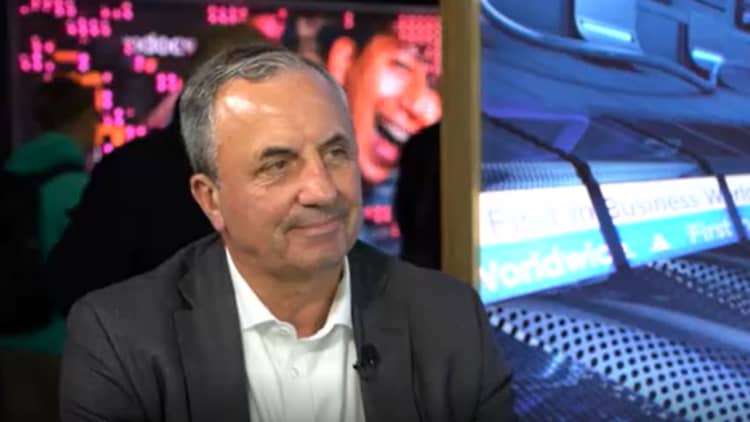









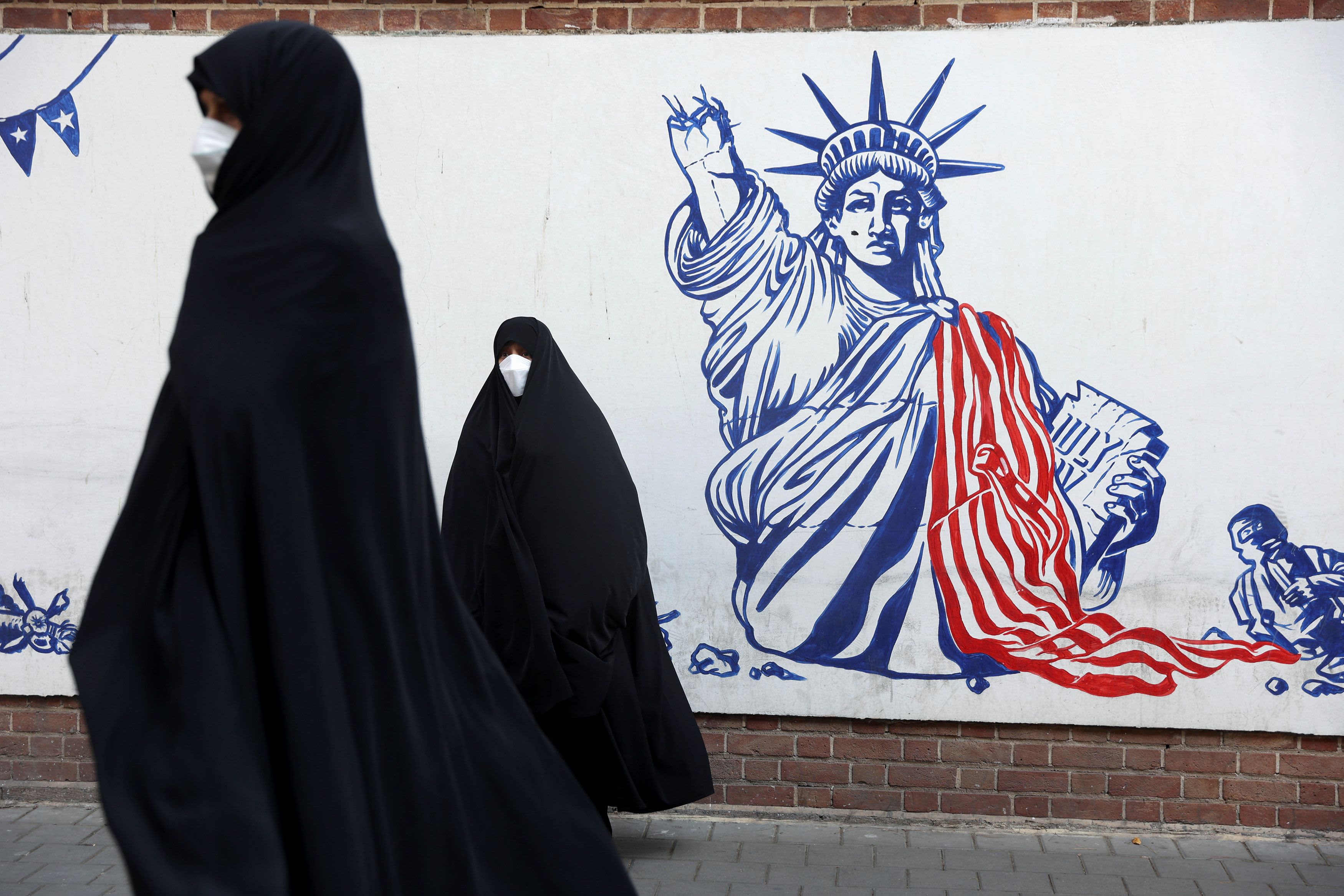
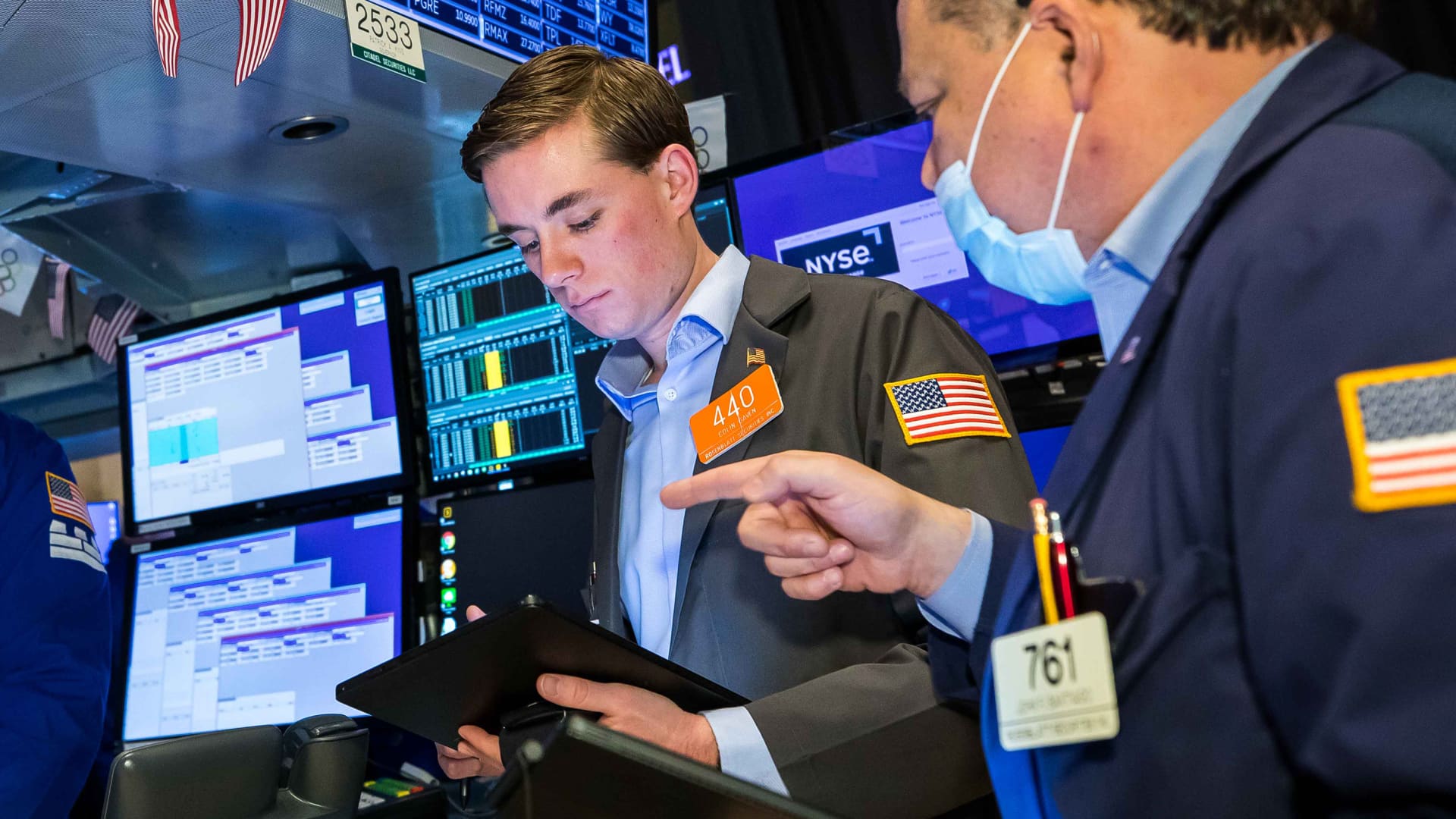
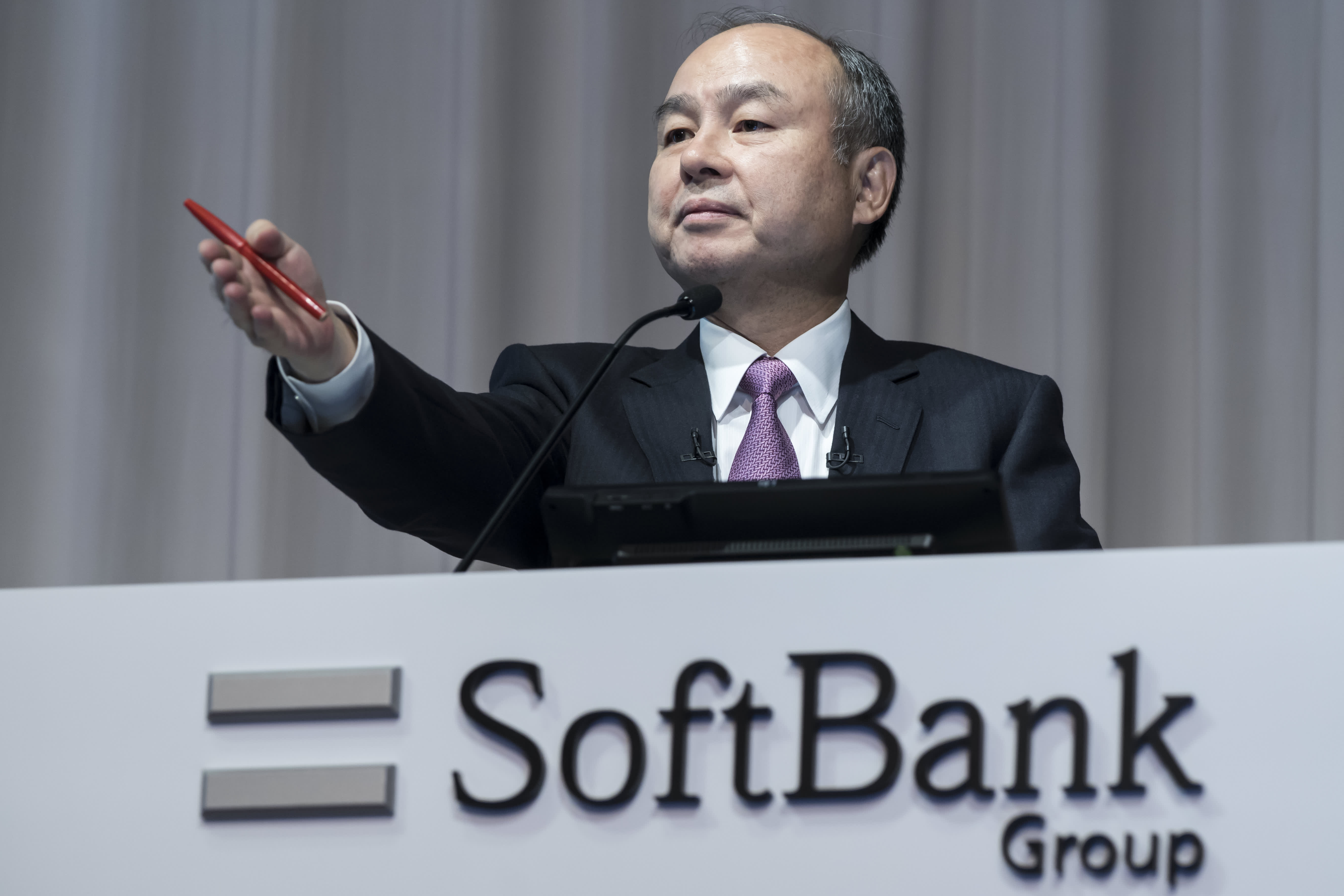
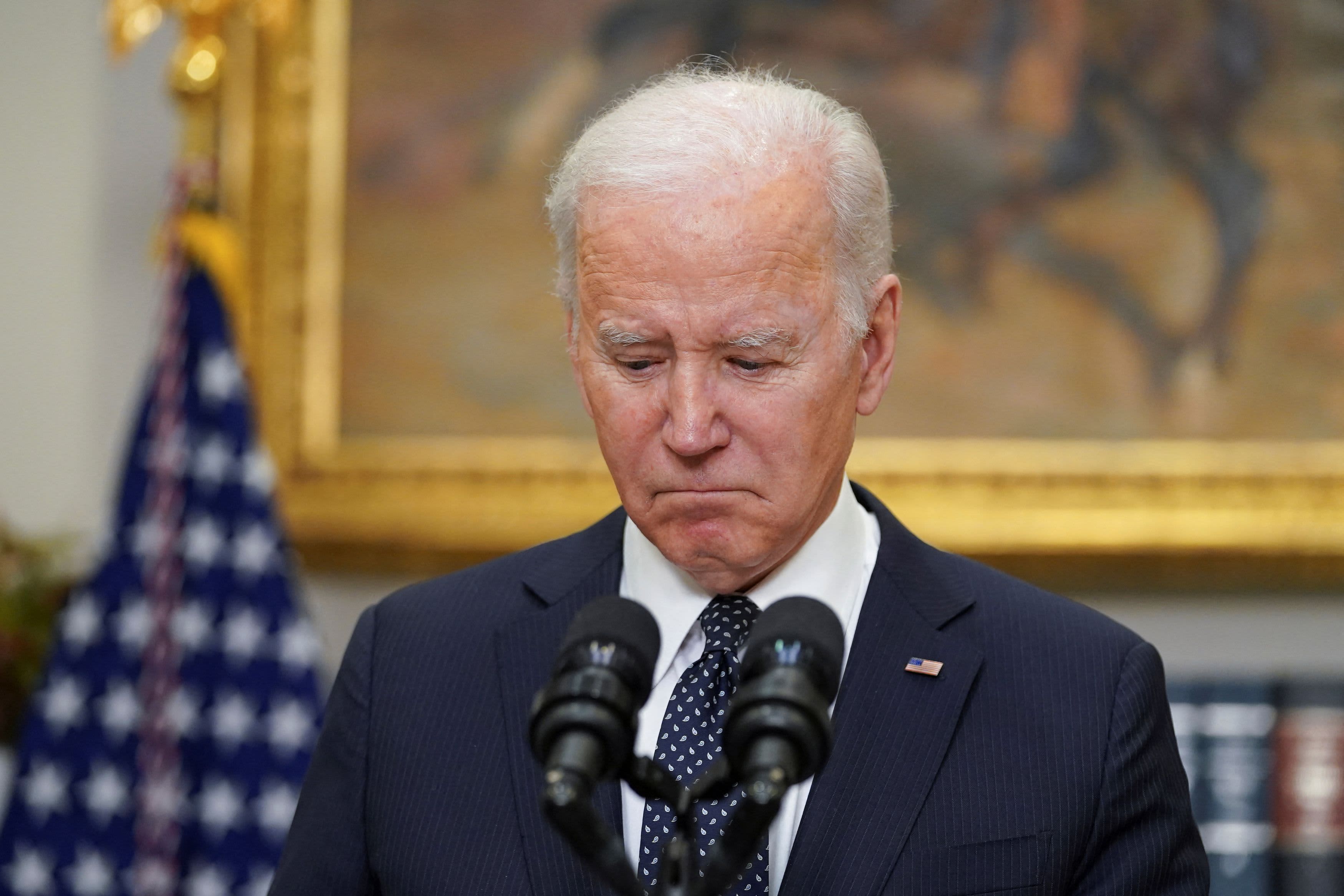
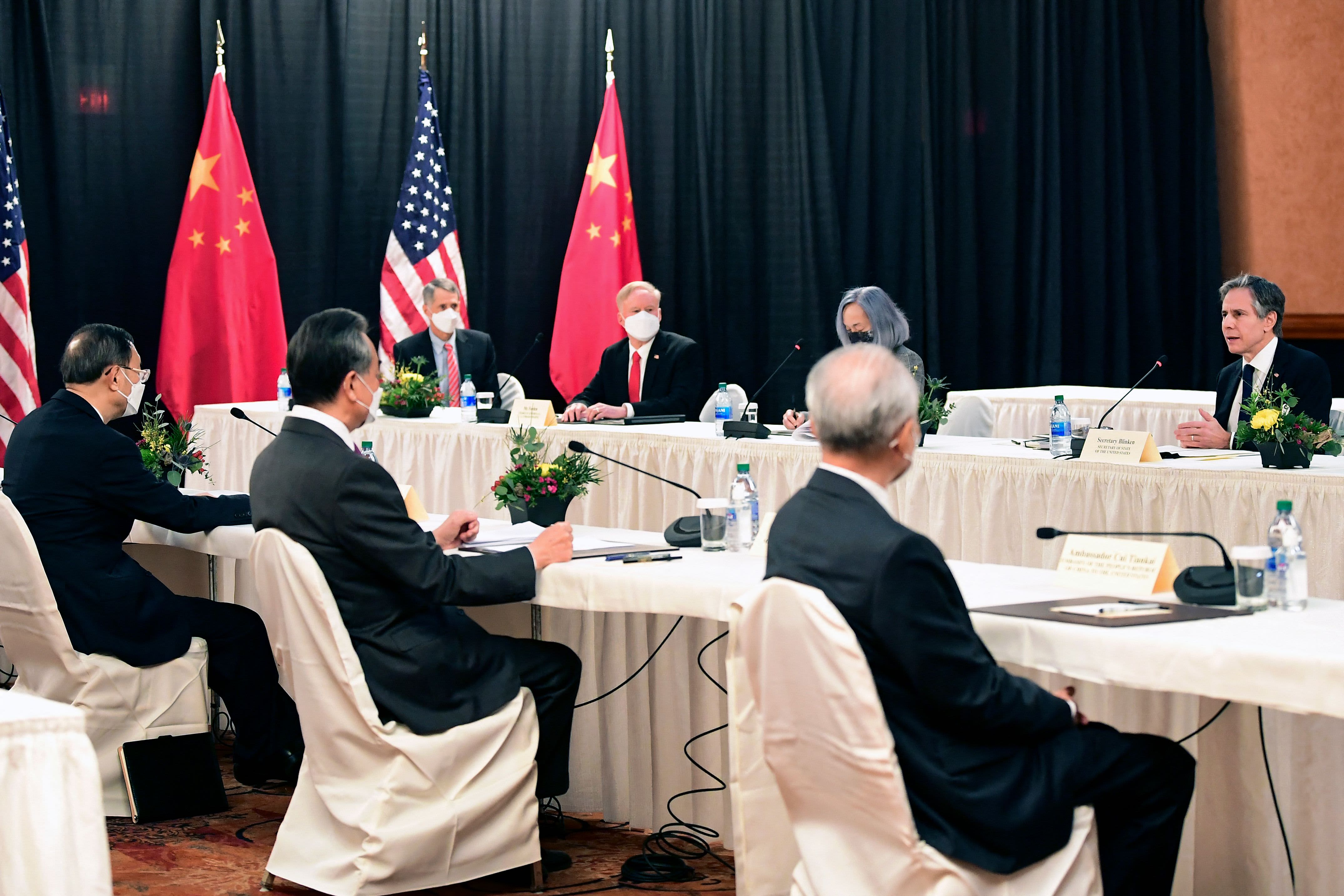















![Is Your SEO Strategy Built for the AI Era? [Webinar] via @sejournal, @hethr_campbell](https://www.searchenginejournal.com/wp-content/uploads/2025/07/6b-240.png)


